As artificial intelligence evolves, so does the question on every writer’s mind: Will AI replace human writers in the future? The rise of tools like ChatGPT, Jasper, and Claude has sparked debates in every corner of the literary world—from journalism to novel writing.
While AI excels at speed and structure, it lacks the depth of lived experience. That’s where human writers vs AI writing tools comparison gets interesting. Machines can generate articles in seconds, but can they capture the emotional nuance of a grieving mother or the poetic rhythm of a sonnet? Not yet.
However, many argue we’re not facing a replacement—but a revolution. How AI is changing the writing profession is less about obsolescence and more about evolution. Writers now use AI for brainstorming, outlines, grammar checks, and even dialogue polishing. In this context, AI can become a co-writer for authors, enhancing creativity rather than stifling it.
Still, the shift raises valid concerns. Ethical concerns of AI in creative writing are gaining traction, especially regarding plagiarism, originality, and intellectual property. If an AI generates a novel based on millions of scraped books, who truly owns the story?
For freelancers and content creators, the impact of AI on freelance writing jobs is a double-edged sword. AI boosts productivity, but also floods the market with generic, low-cost content. That’s why writers who use AI to boost productivity without compromising their voice will lead the next generation of digital authors.
Ultimately, the future of authorship in the age of AI will hinge on collaboration. AI will likely remain a tool—one that empowers storytellers rather than replaces them. The winners of this transition will be those who embrace the collaboration between authors and AI tools, mastering technology while keeping the human touch at the center of their craft.
The pen isn’t being replaced—it’s getting a powerful new assistant.



